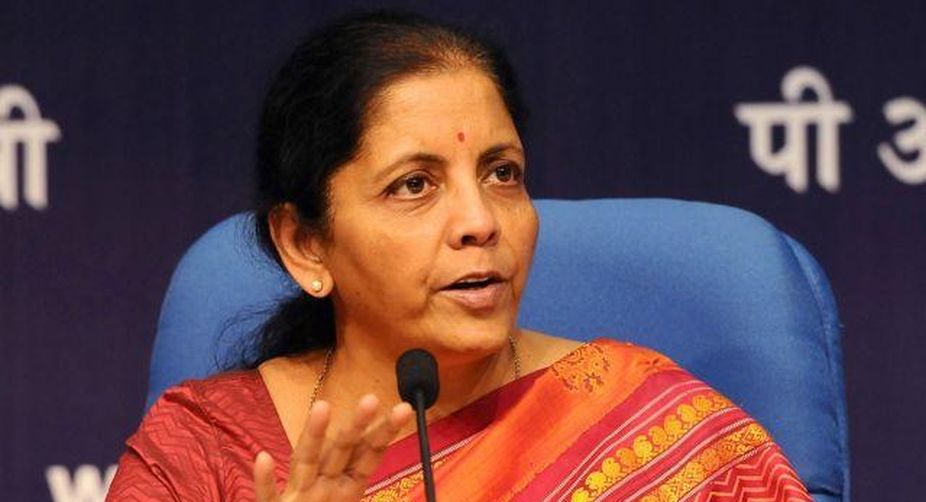ONDC will democratise e-commerce and help protect small businesses: Goyal
Goyal opined that the motto of BITS, ‘knowledge is supreme power’, is more relevant than ever in today’s era of knowledge economy. Observing that BITS students

Many will welcome Union Commerce and Industry Minister Nirmala Sitharaman’s recent announcement that the North-East Industrial and Investment Promotional Policy will resurface in a new form after suitable amendments and will be specifically tuned to meet the needs of the region. The NEIIPP is the brainchild of the Union Ministry for Development of the North-east; in 2007 it replaced the 1991 industrial policy initiated by the Narasimha Rao government that was widely acclaimed. In December 2014, the industry ministry suspended registration of new units but kept the policy in abeyance, as it felt it had not made much of an impact despite liberal subsidies. According to experts, development linked with infrastructure growth must have a long-term mechanism to make a mid-term correction that will enable investors to plan accordingly. This, however, was not possible in the present ad hoc policy set-up and they felt this laid-back attitude had to be replaced by serious efforts to attract foreign direct investment for joint ventures with the Association of South-east Asian Nations.
The Centre’s plan to revive the policy is a belated realisation of its mistake. The last two years are said to have witnessed a noticeable slowdown in industrial growth in the quick-manufacturing sectors and also affected the activities of others which have long gestation periods, like that of Dabur, Indian Tobacco Company and Baba Ramdev’s Patanjali organic products. It is said to have dampened the industrial climate and stunted uniform urban growth which, in turn, slowed down activities in the construction and service sectors.
Since the BJP government at the Centre is keen on rapid development of the region, it should come up with a special package for infrastructure and industrial development.. And there should be no limit on capital subsidy or scrapping of transport subsidy. Also, why not set up several economic zones for North-east states under the Act East Policy as well as a regional export-import bank to support its initiatives. Technology trade exchange is emerging as
a major component for leveraging the region’s technology resources embedded in its 17
universities.
There is the potential for joint ventures. Assam’s initiative to make it a bio-technology hub will be a reality only when backed by innovation which entirely depends on research and development and strong industry-academia coordinated efforts to generate innovations that have made Bengaluru achieve this. It has been the main thrust of the National Science Technology and Innovation Policy, 2013. But this is yet to be incorporated in the industrial development policy of the North-east. Some food for thought.
Advertisement
Advertisement